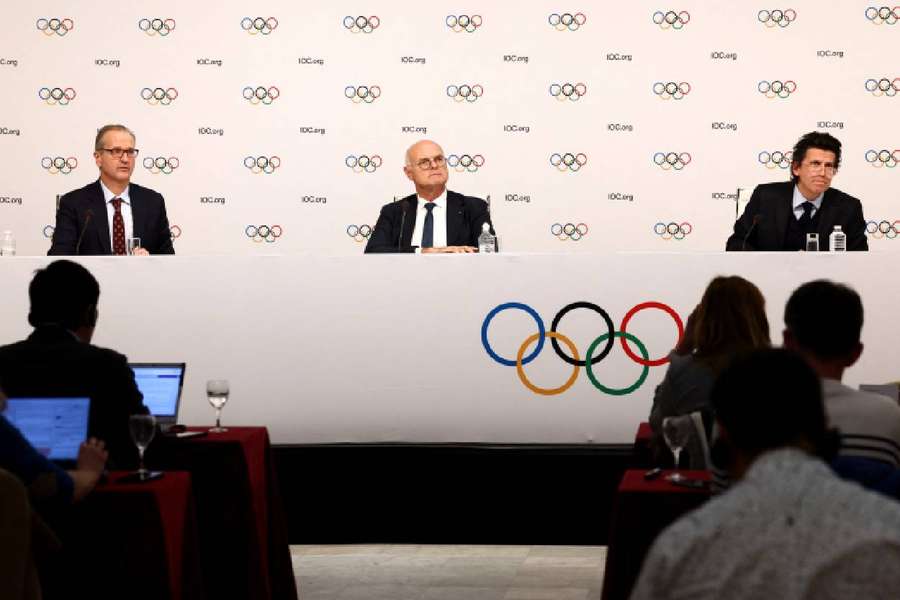Organisers of 2026 Winter Games should have foreign option for sliding centre, says IOC

The sliding centre hosts the bobsleigh, luge and skeleton competitions during the Games and Italy's initial plan to reconstruct a sliding centre where an old, defunct venue existed had hit obstacles from the very start of preparations.
Organisers in October said they would proceed with identifying a venue abroad before the Italian government decided to consider the option of using the now-defunct sliding centre in Cesana, which would need extensive reconstruction, in order to keep the competitions in the country.
"A decision will be made by the government on December 5 with respect to Cesana," Christophe Dubi, the IOC's Olympic Games executive director told a press conference.
"This is a project that the government has reopened. We insisted... that only existing and functioning venues should be considered at this point in time.
"We respect the decision of the various levels of government to look into Cesana."
Dubi said "should this project not be adopted and we feel that will certainly be the case," Games organisers should be ready with an option to go abroad.
"We have been clear it has to be an existing and functioning track (abroad)," Dubi said.
Moving an Olympic sports competition to another country is extremely rare, with Stockholm hosting the equestrian competitions of the 1956 Games in Melbourne due to quarantine restrictions in Australia.
Hong Kong, which returned to China in 1997 but still has its own separate National Olympic Committee, hosted the equestrian events of the 2008 Beijing Olympics.
The IOC, however, has in recent years relaxed hosting rules with cities that do not possess specific venues, encouraging the use of existing ones - even in other countries - to reduce costs and simplify operations.
